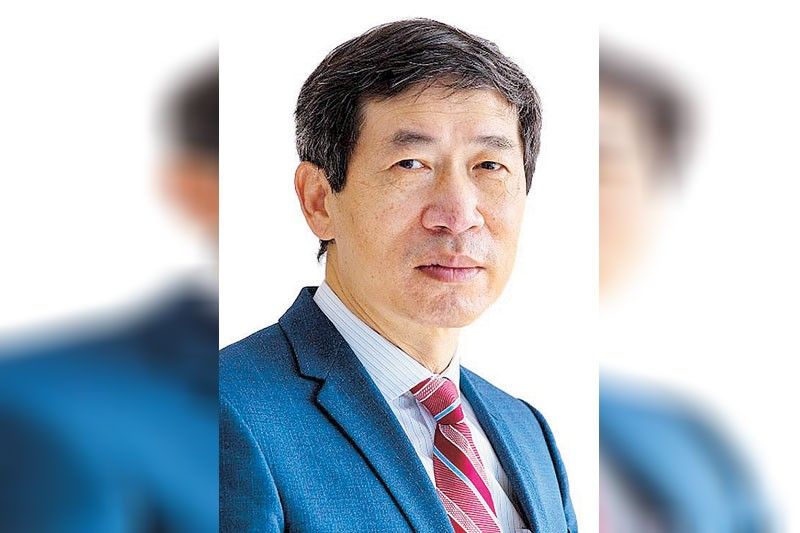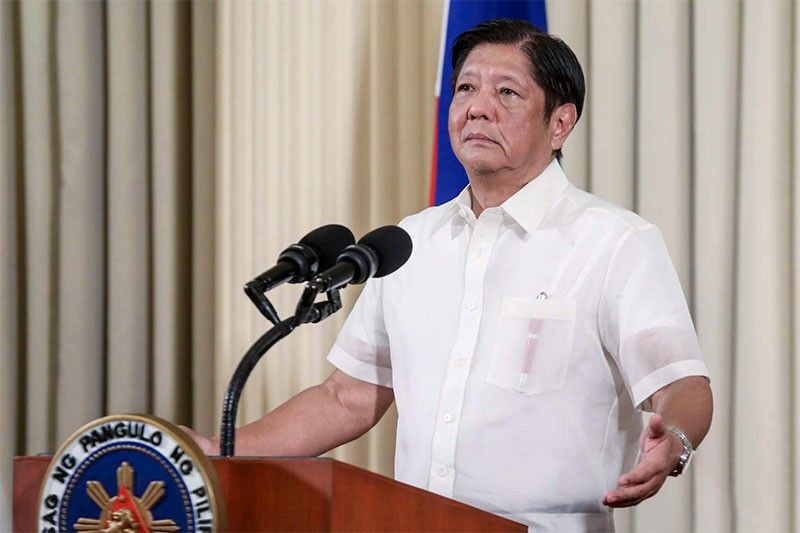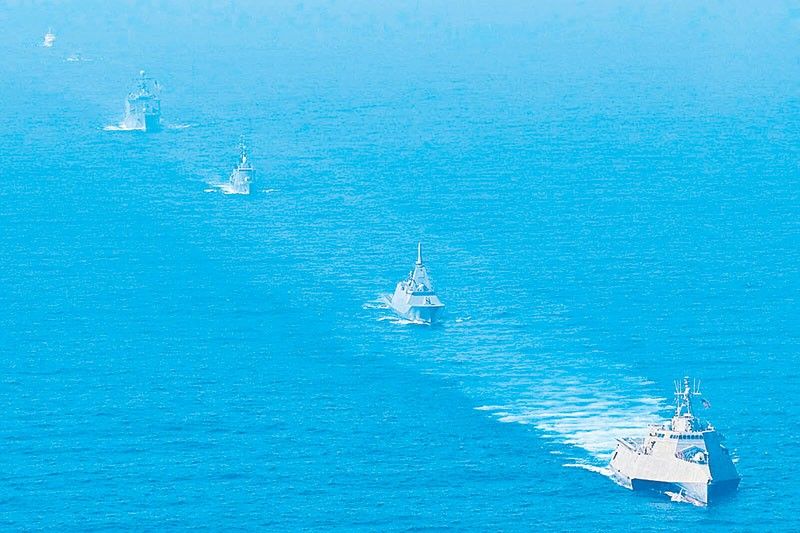
Upgrade to High-Speed Internet for only ₱1499/month!
Enjoy up to 100 Mbps fiber broadband, perfect for browsing, streaming, and gaming.
Visit Suniway.ph to learn
Jean Mangaluz - Philstar.com
April 28, 2025 | 2:07pm
A group of tourists arrive at NAIA Terminal 3.
STAR / File
MANILA, Philippines — With President Ferdinand Marcos Jr. approving the issuance of digital nomad visas (DNV), Malacañang announced that monitoring measures will be in place during implementation, unlike the period when Philippine Offshore Gaming Operators (POGO) were rampant.
With DNVs, foreigners can stay in the country for up to a year and have the option to renew their visas. During their stay, they will work remotely from within the Philippines.
“Unlike with the POGOs before, we will be securing, definitely, the processes regarding this. There will always be security features in order to protect our country from any scammers or any violations of the law,” Palace Press Officer Claire Castro said in a briefing.
Castro also addressed concerns about digital nomads driving up the cost of living in tourist spots, saying that the Philippines would benefit economically from their presence.
“If we will have more tourists, we will definitely have more income and it will definitely also benefit the country and also the Filipino people,” Castro said.
However, the Palace has yet to disclose estimates on how much the country’s economy could gain from the influx of digital nomads.
During the height of POGOs in the country, the influx of foreign workers drove up the cost of condominiums. After the POGOs were banned, real estate developers anticipated that condominium prices would decrease.
When asked if the Palace was considering the potential impact of digital nomads on real estate prices in the Philippines, Castro said that the government will be closely monitoring the situation.
The Palace official also mentioned that an upgrade of the ports is underway with the issuance of the DNVs.
Marcos formalized the order with Executive Order 86, providing the legal framework to allow digital nomads to stay in the country for extended periods while working remotely.

 1 day ago
6
1 day ago
6



